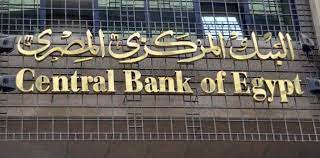On Tuesday, the Central Bank of Egypt issued a statement saying that the country’s annual rate of core inflation rose to 24.4% in December 2022. This is the highest inflation rate in Egypt since December 2017, when it reached 21.9%. The bank added that the core monthly inflation rate was 2.6% in December 2022. On Monday, Moody’s Investors Service said that the depreciation of the Egyptian pound would weaken Egypt’s ability to service foreign debt.
The debt-to-GDP ratio will increase due to the depreciation of the local currency, postponing attempts to cut the debt ratio, it explained, adding that although the exchange rate flexibility contributes to preserving foreign exchange reserves, it will at the same time raise inflation rates.
Egypt is currently facing one of the worst periods of inflation in years, as the annual inflation rate rose to 19.2% last November. Additionally, Moody’s increased its prediction for the country’s default risk from 40% to 43%. Egypt already pays high debt interest rates of 7.5% of GDP, which prevents the government from making adequate social support expenditures. Since they supply most of the government’s annual finance requirements—more than 30% of the GDP—the Egyptian government relies on local banks for domestic borrowing. Moody says that this has an impact on bank lending to the private sector.





Recent Comments